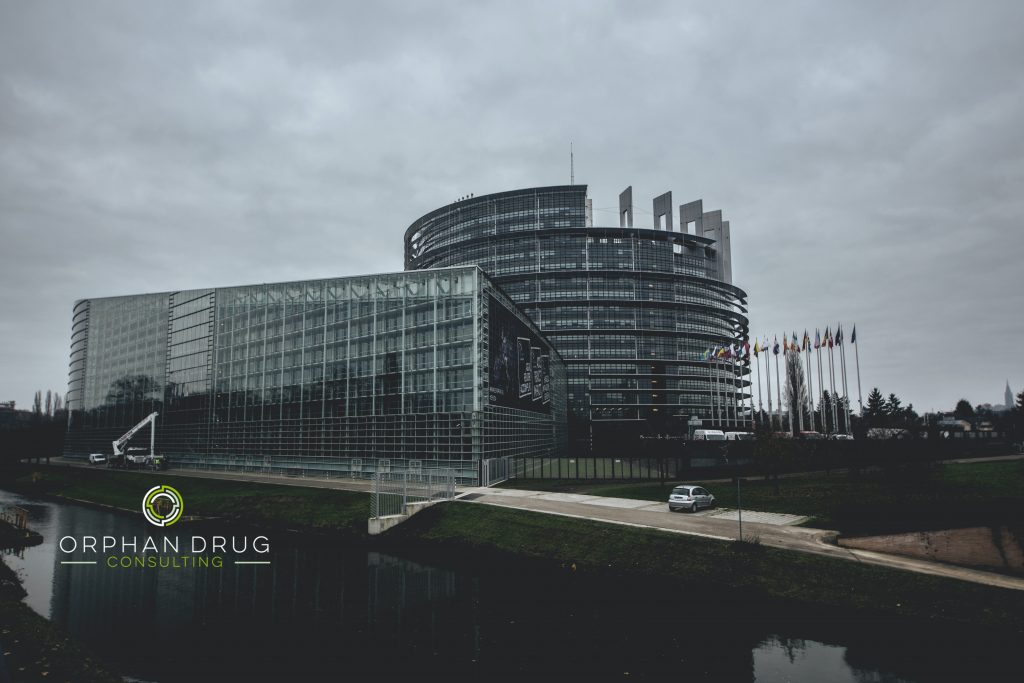
In these uncertain times it can be challenging to comply with regulatory requirements while maintaining supply demands, but there has been advice published by the authorities to help. This guidance has outlined regulatory flexibility that can be applied to help pharmaceutical companies cope with the consequences of the pandemic, while ensuring a high level of quality, safety and efficacy for medicinal products in the EU.
As current national and international safety measures and travel restrictions likely prevent on-site inspections, the European Commission, the European Medicines Agency (EMA), and national competent authorities have put forth a series of mitigation measures in relation to regulatory inspections to ensure continued availability of medicines with compliance to good manufacturing (GMP) and good distribution practice (GDP) by enabling remote assessments of compliance during the COVID-19 pandemic. The validity of GMP/GDP certificates and Manufacturing and Wholesale Authorisations will also be extended until the end of 2021 and if needed, inspections will be carried out remotely to support extensions, with on-site inspections carried out as soon as is feasible. 1
While not currently permitted across all member states, remote batch certification could be considered under EU GMP rules, provided that the QP has access to all information necessary to enable them to certify the batch.4
The MHRA specifically, have issued guidance to the Qualified Person (QP) and Responsible Person (RP) at this time in relation to GMP and GDP activities. 2,3
Annex 16 has always provided the process for allowing ‘unexpected deviations’ in testing and manufacturing methods and it has been advised that there is scope for QPs to apply the same principles to minor deviations in the finished product specifications where in the professional judgement of the QP, safety and efficacy is not impacted.
This Annex also refers to the ability of QPs to rely upon information on third parties, such as audits, to confirm GMP at sites involved in the manufacture of the product. In the current exceptional circumstances, some flexibility could be applied by QPs in the need for having to repeat all quality control tests on importation from a third country manufacturer. While re-testing on importation should continue whenever possible, if the QP concludes that completion of certain re-testing prior to batch certification of imported products will itself lead to delays and supply chain shortage, flexibility could involve:
- not carrying out product re-testing on importation if the batch has been fully tested in a PIC/S country
- performing identity and assay only for products if manufactured in a non-PIC/S territory, if tested by the third country manufacturer.
Where this flexibility is used to omit import analysis, a risk-based, retrospective, alternative-lot approach for full re-testing of imported batches may be undertaken to inform the QP of ongoing quality. For biological products, specialist analysis (e.g. vaccine inactivation tests) should be performed at the point of importation.
When applying the deviations described in relation to re-testing on import, this decision should be recorded as normal in the pharmaceutical quality system.
Remote audits may also be used to provide confidence that the active substance is fit-for-purpose and may be used to generate QP Declaration for Active Substances. It should be demonstrated that the API will not negatively affect the safety and efficacy of the medicinal product and the QP is expected to justify the controls in place on a scientific basis, recorded in a risk assessment on a product specific basis.4
Under UK guidance, temporary regulatory flexibilities may also be applied to GDP regulations under the current exceptional circumstances, supported by risk assessment and mitigating measures, where necessary.3
Non-temperature-controlled transport may be used when the ambient temperature is less than 20°C and ‘do not refrigerate’ products should be clearly labelled and shipped appropriately when the ambient temperature is less than 8°C. Products may be held for up to 96 hours at a transit hub without a wholesale distribution authorisation (WDA) to facilitate transportation and alternative arrangements may be used to show proof of delivery.
Furthermore, the Responsible Person may act as RP for another company within the same group of companies without variation, provided they have an RP registration number issued by MHRA.
Small changes in various elements of the quality system will be permitted to provide more RP resource and enable focus on supply, again supported by risk assessment as appropriate;
- periodic supplier and customer requalification may be deferred
- storage and distribution equipment may be used with limited qualification and validation to allow equipment to be used as soon as possible
- investigation of ‘minor’ deviations may be put on hold and tracked so that investigations may be raised for identified trends
- actions to deficiencies classified as ‘Other’ in regulatory inspections may be paused, recorded in the quality system, and corrected after the pandemic
- SOP reviews, internal audits and GDP refresher training may be put on hold
- electronic alternatives to wet signatures may be permitted
In these unprecedented times it is refreshing to see some flexibility permitted by the authorities to help companies continue to meet patient needs across the EU. If you would like further information on the impact this may have on your operations, please contact us below.
DISCLAIMER:
The information presented within this blog is for illustration purposes only and is not to be considered as professional advice.Any information related to health contained within this article is not a substitute for appropriate medical advice from licensed healthcare professionals.
References
- https://dcatvci.org/pharma-news/6472-eu-updates-inspections-and-drug-shortage-systems-for-covid-19, EU Updates Inspections and Drug-Shortage Systems for COVID-19, April 23, 2020
- https://www.gov.uk/guidance/exceptional-gmp-flexibilities-for-medicines-imported-from-third-countries-during-the-coronavirus-covid-19-outbreak Exceptional GMP flexibilities for medicines imported from third countries during the coronavirus (COVID-19) outbreak, 31 March 2020
- https://www.gov.uk/guidance/exceptional-good-distribution-practice-gdp-flexibilities-for-medicines-during-the-coronavirus-covid-19-outbreak, Exceptional good distribution practice (GDP) flexibilities for medicines during the coronavirus (COVID-19) outbreak, 1 April 2020
- https://ec.europa.eu/health/sites/health/files/human-use/docs/guidance_regulatory_covid19_en.pdf, QUESTIONS AND ANSWERS ON REGULATORY EXPECTATIONS FOR MEDICINAL PRODUCTS FOR HUMAN USE DURING THE COVID-19 PANDEMIC.
